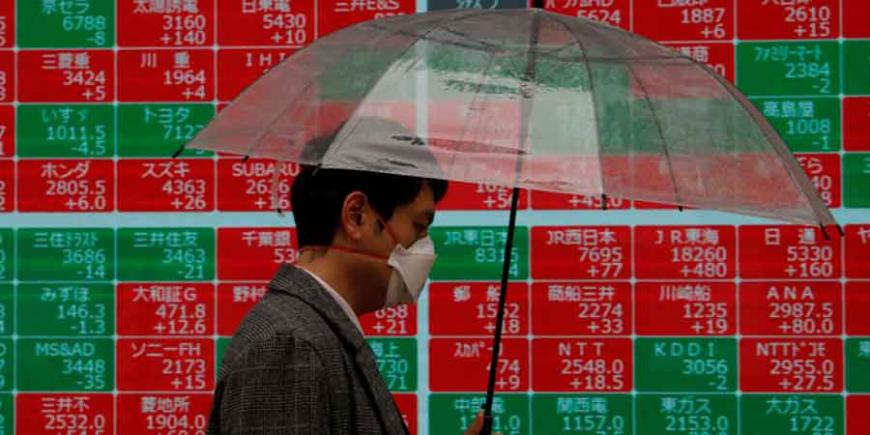
Since Sri Lanka is heavily dependent on the global economy which is estimated to recover not earlier than 2023 its growth will be severely stunted this year and the ensuing years, said former Central Bank Deputy Governor W.A. Wijewardena.
The World Bank projects growth in the Asian region would slow to 2.1% this year from 5.8% last year and the global pandemic will prevent nearly 24 million people from escaping poverty in East Asia and the Pacific.
The IMF and the OECD have revised downwards its growth projections for the world this year. The OECD said global growth of 1.5 percent this year looked too optimistic
“This pandemic has crippled the entire global economy from developed to developing countries without exception. In 2020, the growth in the global economy is expected to fall to the negative region and it will continue to be so till end 2022,” Wijewardena said, adding that the global recovery is estimated to take place not earlier than 2023.
He said the stimulating measures announced will help Sri Lanka’s economy to mitigate the risks to some extent; but to lift the economy up from the current depths, we need to have a massive investment plan, similar to the Marshall Plan introduced to reconstruct the European countries devastated by World War II. “Since there is no global input for our reconstruction plan, all the resources have to be generated and mobilised from the local economy. It requires all of us, without exception, to make a heavy sacrifice in terms of work, consumption and entertainment,” Wijewardena said.
According to UNCTAD apart from human consequences of the coronavirus the economic uncertainty it has spared will cost the global economy US 1 trillion this year.Economies hit by the pandemic across the globe have stepped up funding to stimulate the economy. The US Congress approved a US$ 2 trillion financial stimulus package last week as the country grapples with the killer virus.
“Right now there is no plan for the reconstruction of the emerging economies after the COVID-19 is fully resolved because all the countries are heavily involved in strategies to fight the spread of the virus. But, there is no choice but to come up with strategies to uplift the economies concerned,” the former Central Banker said, adding that in the scenario it is paramount that everyone cooperates and collaborates to find solutions together rather than finding a way out in isolation because one country’s gain will become a cost to another and therefore, gains have to be maximised without entailing costs on other nations. He said in the post COVID-19 era, the world will need to get linked to each other more closely because individual solutions will not work. There has been a public opinion against the current wave of globalisation because the pandemic spread throughout the globe within a short period due to the movement of people liberally from one country to another.
In the new globalised world, the spirit of connectivity has to be maintained without the physical movement of people from one country to another in the initial period but completely removed after the situation becomes conducive. With the advancement of ICT today, this non-physical and virtual connectivity is not an impossibility.
